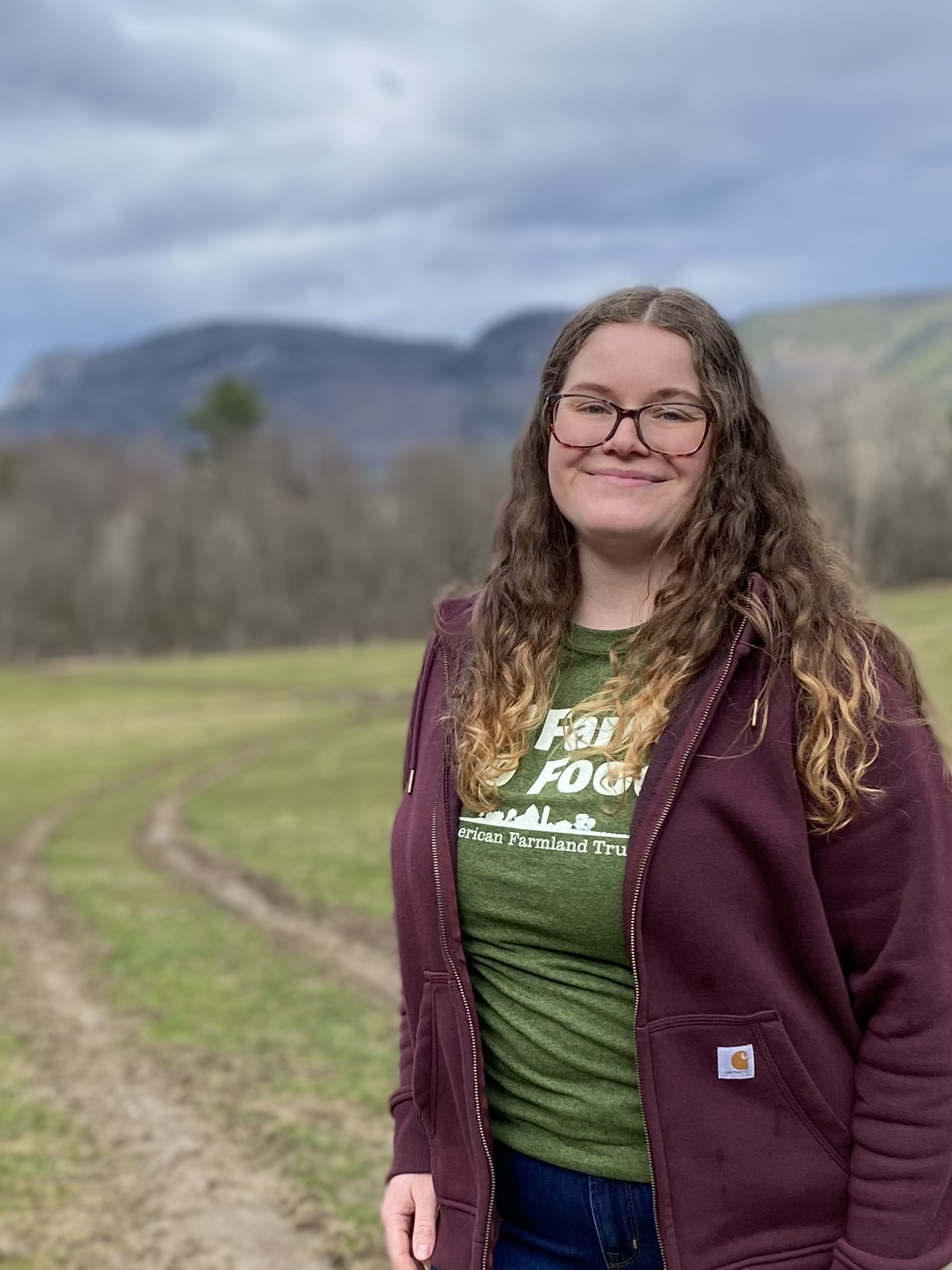New York farm featured in new case study on soil health and farm profitability by American Farmland Trust and USDA NRCS
Evidence builds for economic and environmental benefits of soil health efforts, creating a library of on-farm examples for use by farmers and service providers across the country.
SARATOGA SPRINGS, NY – Today, American Farmland Trust the organization behind the national movement No Farms No Food®, is releasing four new “Accelerating Soil Health” case studies, including a New York case study of Macauley Farms in Livingston County. This work adds to existing studies, released in July 2019, to show that management practices that lead to healthier soil on farmland also brings economic benefits to farmers and environmental benefits to society. The studies provide information to help answer questions farmers may have about the costs and benefits of adopting soil health practices. These case studies were developed in partnership with USDA’s Natural Resources Conservation Service under a Conservation Innovation Grant.
From farmers, to retailers, to the supply chain and even presidential candidates, there is recognition that adopting soil health practices, like cover crops, no-till, strip-till, crop rotation, nutrient management, mulching and compost application, is critical to improving environmental outcomes on farms and orchards including better air and water quality and lower greenhouse gas emissions.
Through AFT’s farmer outreach and education events, AFT has learned farmers believe the scientific evidence that soil health practices improve soil and water quality. Yet adoption has been low due to perceived financial risk of trying something new, the risk of investment on rented lands, and lack of information about how much the soil health practices will cost or benefit them. So, AFT set out to find what we call, “soil health successful farmers,” and with their permission conducted an economic analysis of their soil health journey.
Blake Glover, State Conservationist for NRCS in New York stated, “We are thrilled to see New York farmers experiencing the economic and environmental benefits of soil health practices. Quantifying the financial impact for farms, including a net income increase for all four case study farmers, shows incredible promise for wide-spread adoption of practices that build healthier soils and multiply sustainable benefits throughout New York.”
John Macauley, featured in the Macauley Farms case study alongside his father and brother, said, “I am focused on building my soil health and letting nature do some of the work for me. I may not be setting records for high yields, but at the end of the day, I’ve got more money in my pocket instead of shelling it all out upfront.”
Using soil health practices including no-till, cover crops and nutrient management, the Macauleys increased their net income by $44 per acre per year, or by $25,036 annually on the 567-acre study area, achieving a 135% return on investment.
Macauley Farms is the second New York farm to be studied in this project, following Jay Swede of Gary Swede Farms in Genesee County. Similarly, Swede increased his net income by $55 per acre per year through use of similar soil health practices on 1,500 acres providing a 343% return on his investment and an increase of $82,257 in annual average farm income.
Aaron Ristow, AFT’s New York Agricultural Stewardship Program Manager and Case Study Author, said, “We are encouraged by farmers like Jay Swede and John Macauley who are leading the way in showing what is possible for farms that adopt more soil health practices. Farmers want to do what is best for the land, but they must also consider what will keep them economically viable. These studies demonstrate that soil health practices can provide environmental benefits, while maintaining crop yields and improving a farm’s bottom line.”
Combined results from all eight case studies under the “Accelerating Soil Health Adoption by Quantifying Economic and Environmental Outcomes and Overcoming Barriers on Rented Lands” project are featured on the Findings page of the project website and highlight yield and income benefits, input benefits and environmental benefits.
Farmers in New York can reach out to their local NRCS and Soil and Water Conservation District staff to help them implement soil health practices on their farm. Additional questions can be directed to Aaron Ristow at [email protected].
AFT will be hosting online webinars to offer trainings to fellow conservationists and farmers who want to learn how to conduct the partial budget economic analysis used in this project. Please email [email protected] with your interest in the training webinars and we will email you the webinar details.
##
American Farmland Trust is the only national organization that takes a holistic approach to agriculture, focusing on the land itself, the agricultural practices used on that land, and the farmers and ranchers who do the work. AFT launched the conservation agriculture movement and continues to raise public awareness through our No Farms, No Food message. Since our founding in 1980, AFT has helped permanently protect over 6.5 million acres of agricultural lands, advanced environmentally-sound farming practices on millions of additional acres and supported thousands of farm families.
USDA’s Natural Resources Conservation Service (NRCS) mission is “Helping People Help the Land.” NRCS helps America’s farmers, ranchers and forest landowners conserve the nation’s soil, water, air and other natural resources. All programs are voluntary and offer science-based solutions that benefit both the landowner and the environment.




